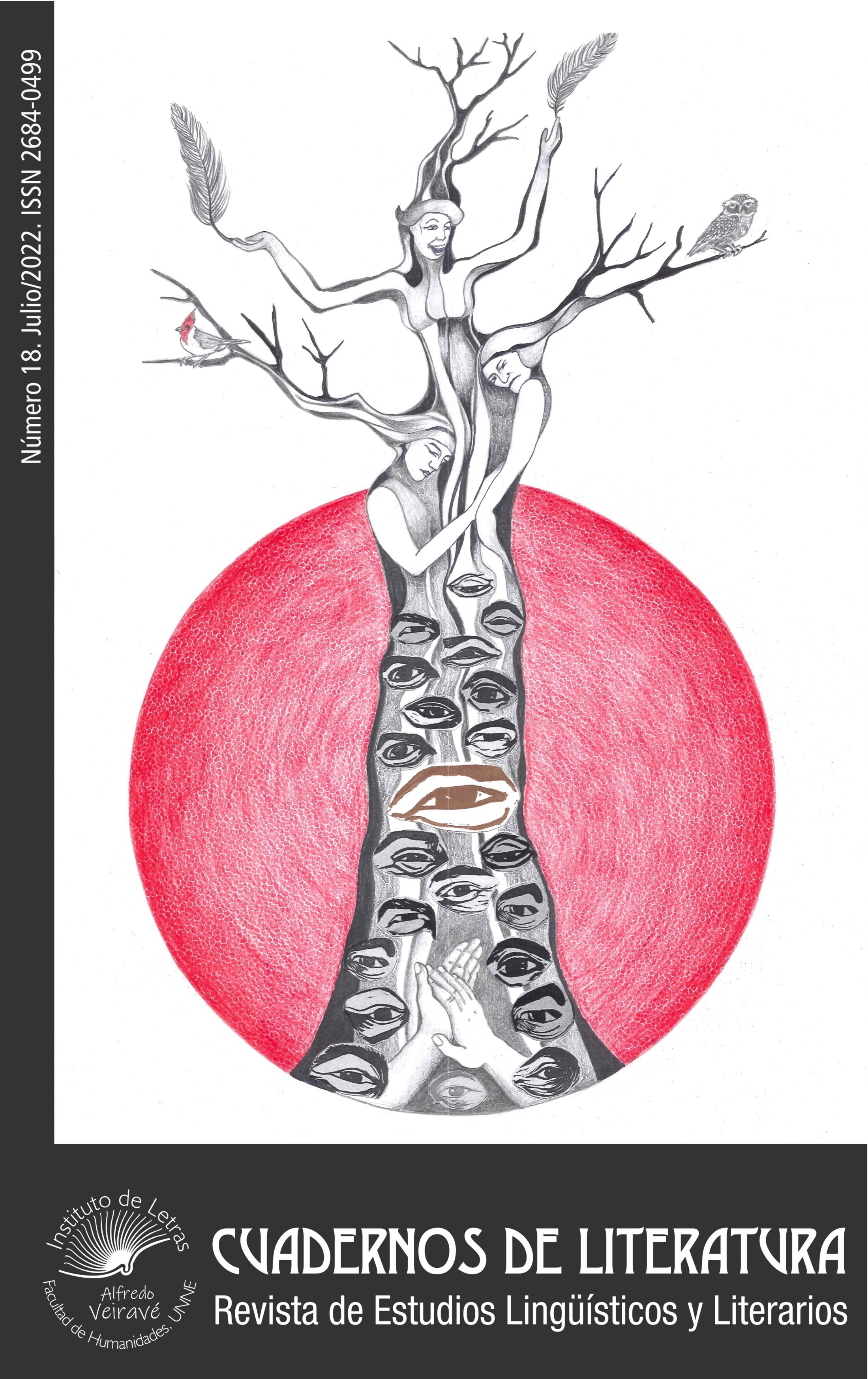Identidades en conflicto: Medea de Eurípides en dos tragedias argentinas
DOI:
https://doi.org/10.30972/clt.0185988Palavras-chave:
Medea, recepción clásica, Argentina, identidades conflictivasResumo
Dos autores argentinos se interrelacionan a través de la recepción del mito de Medea. Más allá de los tiempos en los que se circunscriben sus obras, ambos confluyen particularmente en la otredad de sus protagonistas, atravesadas por la violencia que emana del territorio ocupado por dos identidades conflictivas. En La frontera (1964), Cureses ha querido dialogar con la idiosincrasia de los griegos desde la dimensión argentina de la pampa y desde la realidad de la Conquista del desierto. En tanto en La Hechicera (1997), Alves formuló la recreación de un acontecimiento histórico regional basado en la acusación contra una india por hechicería durante la época de la Inquisición en Tucumán Colonial. Una línea infranqueable provoca los conflictos que delimitan a los unos y a los otros, entre los habitantes de Cólquide y los de Corinto, entre blancos e indios, entre cristianos y herejes.









52.jpg)









